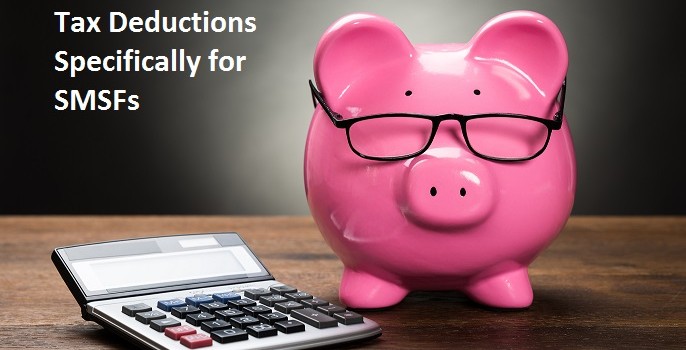-
SMSFs and the in-house asset rules
Posted by Team AVS on 16 Aug, 2017 0 CommentsTags: ATO, In House Asset, SMSF, Tax
A not-uncommon conundrum for many SMSF trustees is what to do when the fund is found to have breached the in-house asset rules. There are also some common misconceptions about these regulations that keep resurfacing.
What does the ATO say in relation to the in-house asset rules?
Recent ATO statistics on the SMSF sector show the proportion of reported breaches that relate to the in-house asset rules remains high. While it can be argued that the higher number is because the in-house asset provisions are by far the most complex and hard to understand SMSF investment rules, it is still critical for trustees to improve compliance to prevent the substantial penalties imposed for breaching these rules.
One overarching fundamental that SMSF trustees should ideally keep in mind is the sole purpose test — that is, every decision made and action taken is required to be seen as being undertaken for the sole purpose of providing retirement benefits for the fund’s members.
If an SMSF trustee incurs an expense in the usual operation of the fund, this will generally give rise to a deductible expense against assessable income.




 AVS BusinessServices @ What the
AVS BusinessServices @ What the